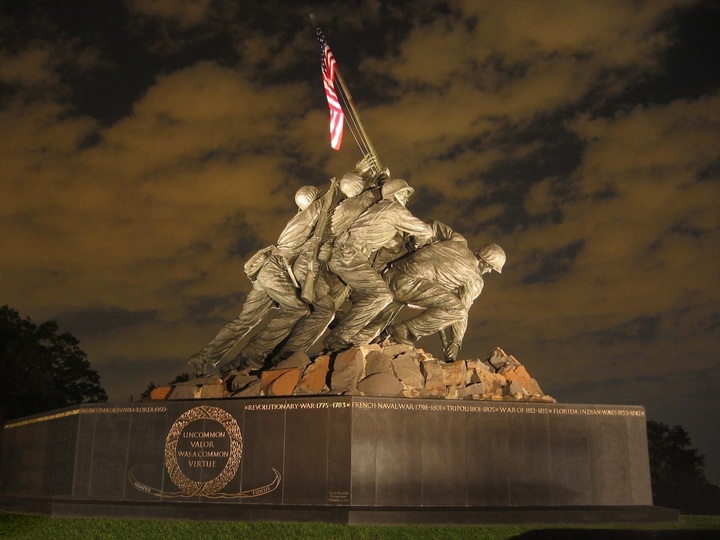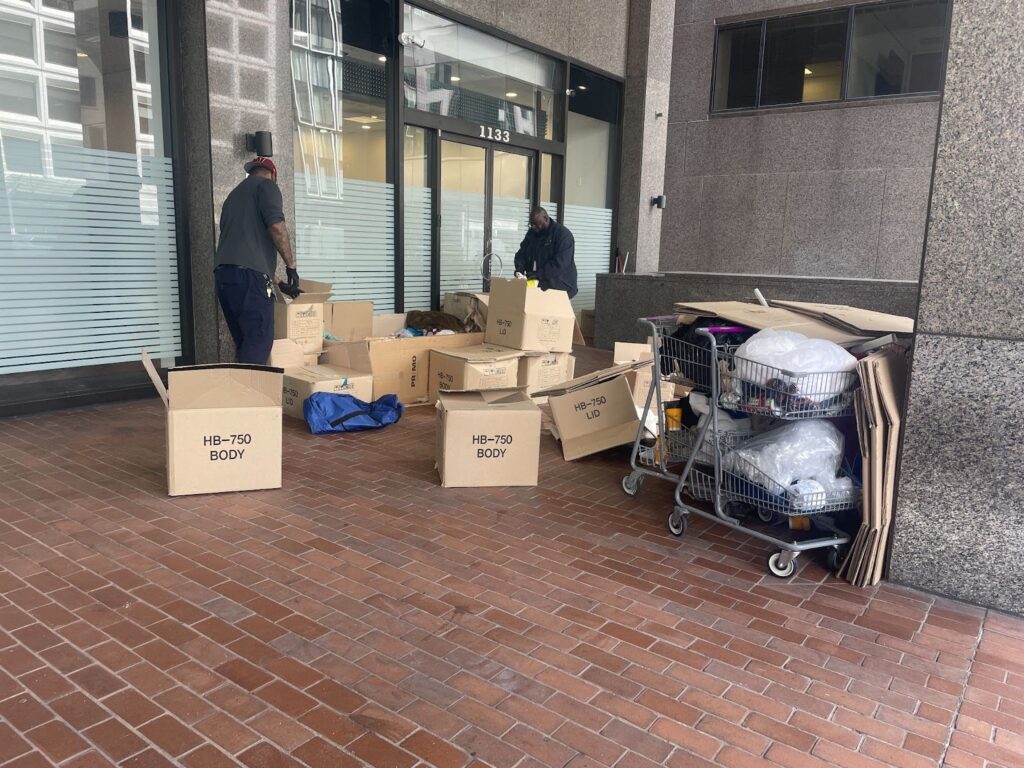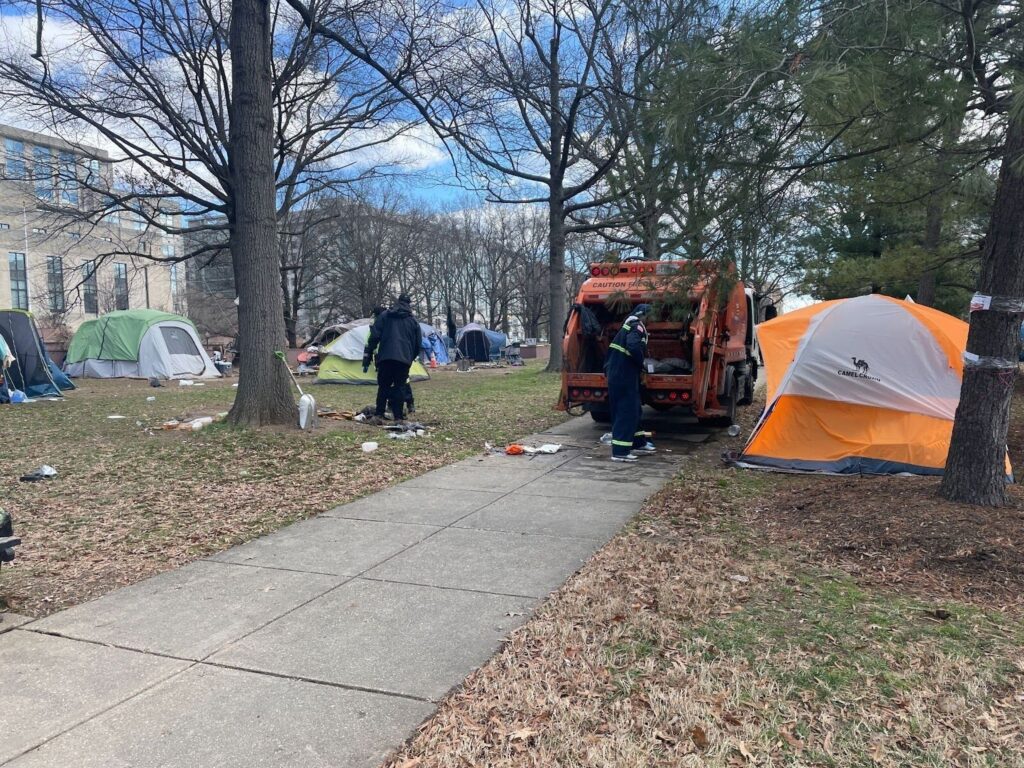It can take just one wrong step, one incorrect diagnosis, to change someone’s life. Xavier Justice’s time in the U.S. Army was cut short when he fell headfirst while doing vertical push-ups at his workplace. The accident left him unconscious and in need of medical assistance. After being treated for a broken nose, Justice — a mechanic from 1993 to 1995 — was honorably discharged. He went on to attend the University of Valley Forge without giving a second thought to the extent of his injuries from the accident.
Before long, however, Justice noticed changes in his behavior and a decline in his mental functioning, preventing him from finishing school at the University of Valley Forge. In a recent interview, he recalled his struggles back then with memory deficits and an inability to focus.
Confused about why he was experiencing these difficulties, Justice began relying on Percocet and other painkillers in an attempt to escape the dissociative state he was in, which included absence seizures — brief, sudden lapses in awareness.
This reliance became an everyday pattern in the matter of three weeks as he sought to escape his discomfort. “I needed nine — nine per day,” Justice says. He drowned himself in medication, unaware that the ultimate cure to his problems would involve someone who was willing to listen to what he had to say.
His strong attachment to pills created a tear between Justice and his family. The addiction, Justice says, also led him to a life on the streets for 14 years.
He reached his low point when his family told him they were unable to provide the help he needed. “Home was always a place that I could go,” Justice says, sharing how his sanctuary eventually became unavailable to him.
Having turned to theft when his income was no longer enough to pay for his growing use of painkillers, Justice was eventually arrested in 2009 and sentenced to jail time. After his release, Justice went to a Community Resource and Referral Center in Washington, D.C., where a nurse connected him with a coordinator at the U.S. Department of Veterans Affairs after hearing about his time of service.
He was then directed to Veterans on the Rise, a proactive nonprofit based in Northeast D.C. that offers services such as housing, therapy, and job training for vets. VOTR has created an ambitious but flexible program that allows for homeless veterans to heal, build resilience, and create lives for themselves outside of the organization. The program collaborates with homeless veterans to co-build a path to success that they can use to recover from poverty, according to David Kurtz, the group’s executive director.
Aside from the clean residential facility that Justice said “will meet your basic needs” and rehabilitation programs provided by the organization, VOTR was able to connect Justice with a case manager, someone interested in listening to what Justice had to say. This connection led him to open up about the hardships he had faced and, after hearing what had happened, his case manager pushed for a medical re-evaluation.
After further discussion and evaluation, Patricia Jones, Justice’s case manager, discovered in 2014 that both his immediate care physicians and discharge physical had failed to diagnose Justice’s Traumatic Brain Injury (TBI) — a life-altering mistake.
With the help of Jones and Charles Avery, a former clinician at MBI Health Services, Justice was rightfully diagnosed with a TBI and began treatment for recovery — about 18 years after sustaining the injury.
He also received treatment such as cognitive processing therapy for his Post-Traumatic Stress Disorder that has helped him recover. Since the 1990s, Justice had not been able to go near a motorized vehicle or smell motor oil without feeling fear, given that his accident occurred in his workplace, which was a mechanic area. His dreams consisted of endless falling, leaving him restless and unable to escape his disorder even in his sleep.
After his diagnosis, Justice received enough compensation from the federal government to get back on his feet, leaving the VOTR program in less than seven months.
He went on to receive his board certification in counseling from Princeton Theological Seminary in New Jersey. He listens to others now, giving people what he needed when he was at his low. Justice is now pursuing a Ph.D.
A troubling thought remains, however: Instead of facing 14-plus years of torment and anguish, Justice could have begun receiving the treatment that he needed minutes after the incident if he had received the correct diagnosis.
“No one ever asked what happened the day after,” Justice says, referring to the immediate reactions he encountered after his fall. If someone had asked and listened, Justice could have been diagnosed correctly.
When striving for self-sustainability and self-sufficiency, Justice says, it’s essential to focus on the basics. That’s not just about food and shelter; it also means access to counselors and case managers. Having someone to confide in — someone who cares — was an aspect at VOTR that he said helped him immensely. “I’m not a patient, I’m a person,” says Justice, referring to how he was treated with respect by those who helped him.
While one wrong step can drastically change someone’s life in an instant, one correct step can shepherd a cycle of positive change and success. Justice said that it was invaluable for someone to sit down and ask him the right questions in order to obtain the help that he needed, all while respecting him and seeing him as a human.
But Xavier Justice and others know that his story is just one that has been heard, while there are countless homeless veterans currently suffering with no one to share their troubles with. According to data analysis conducted by the U.S. Interagency Council on Homelessness in its 2018 census, there are 306 veterans currently living on the streets of D.C. That’s 306 individuals who could share a similar experience to Justice, all with stories to tell.
With Veterans Day rapidly approaching, VOTR is developing its plans to reach out to homeless veterans living in street encampments to provide them with bottled water, clothing and other items. The group is currently seeking volunteers willing to help with outreach.
Veterans on the Rise also has continuing opportunities for volunteering by making and serving hot meals, helping with recreational activities, and tutoring. There are also fundraising events throughout the year that volunteers can participate in. Veterans on the Rise can be reached at 202-388-4090 or at [email protected].
This article was co-published with TheDCLine.org








